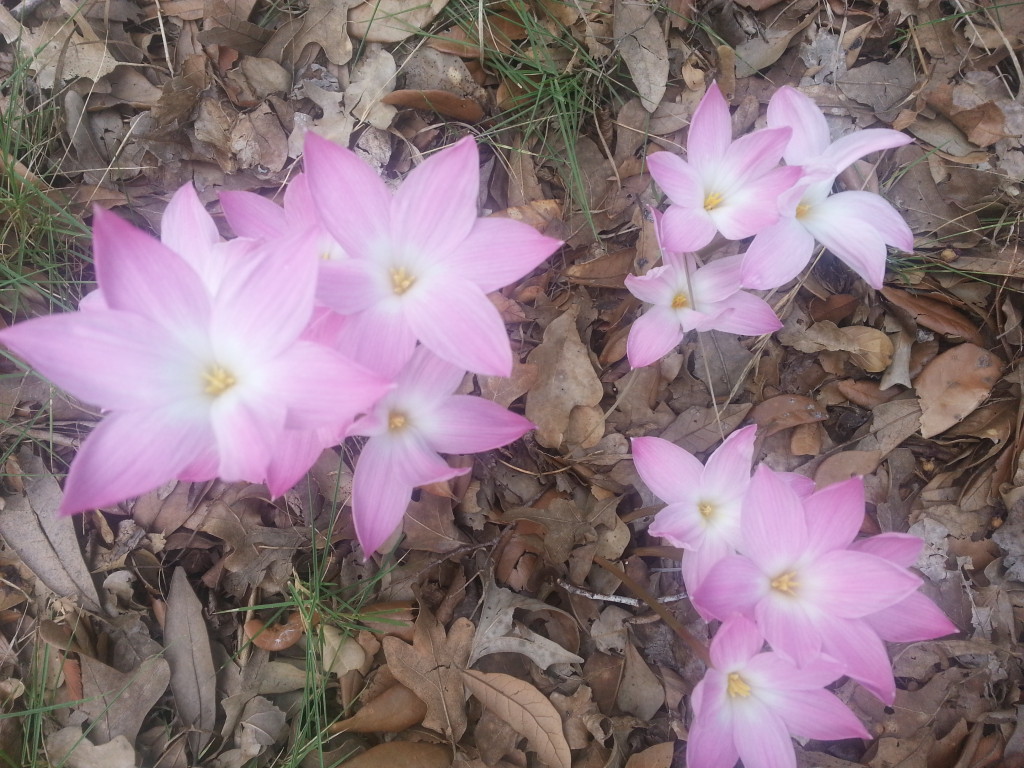A friend posted on Facebook,
Dear advisors of graduate students,
Please read, comment on, and edit your student’s paper before it is submitted to a journal.
Sincerely,
A cranky reviewer
She’s right and criticizing the correct person, but I can’t help but feel for the student.
I hope my friend writes something like, “To the senior authors/advisor of the student on this paper: seriously, you couldn’t put the time in to comment on, edit, and help put this paper together? You do know that is your job, right?” and, “To the junior author on this paper: Your senior authors/advisors let you down. This isn’t your fault. You are probably doing all the right things. You can’t control them. So don’t take my comments as a reflection on your ability or worth; they aren’t. And keep trying. You are doing work that has merit, and everyone benefits from professional critique before a paper is submitted. Even senior faculty.”
I know that even if my friend correctly calls out the advisor, it might be the student first reading those reviews. She’s right to call out the advisor. But oh, do I ever feel for the student.
I hope the student is stronger than I was.
Even 13 years later, I still have tears in my eyes thinking of that night and how I felt. I was so ashamed of myself, for not doing a better job. For not being more. For not knowing how to write that paper correctly. For being an ignorant student, instead of the expert professional I thought I was supposed to be.
Shame thrives in darkness and isolation. Talking doesn’t make it go away, but it makes it a little bit better. A little less frightening. A little more like adversity that I have overcome, rather than a sign that I am a failure as a person.
The one thing I have been able to do with all the pain is to use it to offer my students something better. I don’t ever want them to feel like that.

